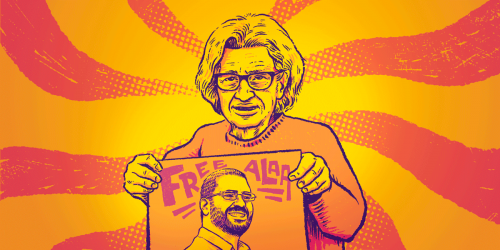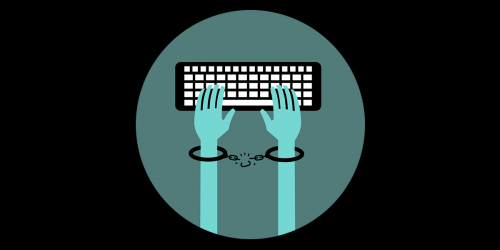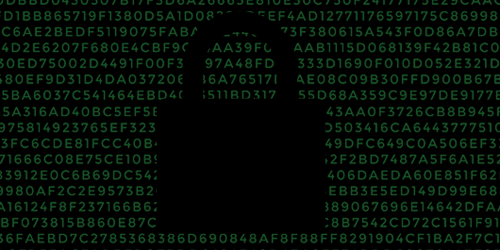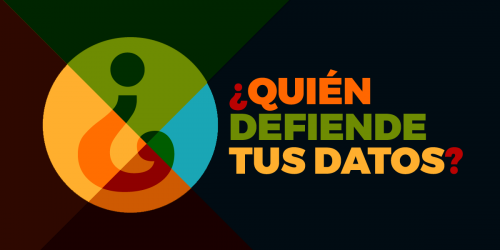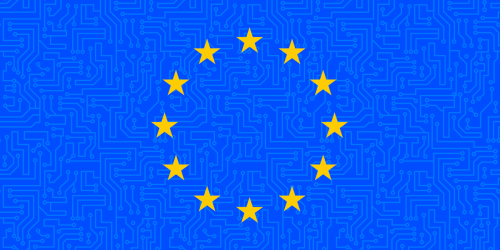EFF has long pointed out that technology companies are complicit in human rights violations when they knowingly sell customized human surveillance technologies to repressive regimes that are then used to target people for arrest, torture, and disappearance. Now a lawsuit filed recently against Nokia Siemens in Virginia by Isa Saharkhiz, an imprisoned Iranian dissident, and his son Mehdi Saharkhiz, brings this issue to the fore. The lawsuit accuses the Nokia Siemens Network of:
"knowingly, negligently and willfully provid[ing] the infamous, abusive and oppressive Iranian government with sophisticated devices for monitoring, eavesdropping, filtering, and tracking mobile phones."
This case brings home the human costs of the corporate sale of surveillance technologies to repressive regimes. The European Parliament declared in its Resolution on Iran, the customized sale of its technology was “instrumental in the persecution and arrest of Iranian dissidents." Even Nokia agrees, noting, "There have been credible reports from Iran that telecommunications monitoring has been used as a tool to suppress dissent and freedom of speech."
The facts of the case are troubling. Isa Saharkhiz, a distinguished Iranian journalist and a key political reformer behind the 1999 Tehran Spring of press freedom, was arrested on June 20, 2009 in the small village of Tirkadeh in northern Iran where he had been hiding. The intelligence agents found him by tracking his mobile phone using the powerful surveillance capabilities of Nokia's Intelligence Solutions tools, a mass surveillance product it sold to the state-owned telecommunications provider allegedly controlled by the Iranian Revolutionary Guard and freely accessible to notoriously brutal Iranian intelligence agencies.
Nokia's comprehensive human surveillance system, which it sold and tailored to the Iranian government’s needs in 2008, has two main parts: the Monitoring Center which enables centralized deep packet inspection of voice and data communications; and the Intelligence Platform, which provides real-time data mining intelligence. These services, in whole or in part, are what enabled the Iranian authorities to find and arrest Mr. Saharkhiz.
To its credit, Nokia now states in its "pressroom" and has told European Parliament that it "exited the monitoring center business" in March 2009 due to concerns about human rights issues. Others dispute how true this is, but at least that's a start. Nokia's public statements, however, are sharply different than those it has made in court, where it had boldly claimed that because it is a corporation, it is categorically immune from responsibility for its role in aiding and abetting torture and illegal arrest.
Even if they have now "exited the business," at least in part, Nokia's decision to maximize profit by selling customized tools of repression deserves close scrutiny and those hurt by its decision deserve their day in court. Nokia claims that it is "in the process of assessing our policies and processes," and if this is genuine, we have some suggestions which we will be blogging about in the days and weeks to come and welcome direct discussion on these issues. We also invite Nokia to join the Global Network Initiative, and seriously consider its core commitments to human rights as part of your assessment process.
In the meantime, Mr. Saharkhiz rots in jail and his family suffers, in part due to Nokia's desire to make a quick buck. As Nokia itself admits:
"misuse of communication technologies to infringe human rights is wrong and, ultimately, that those who do so must be accountable for their actions."
Again, if this is more than just public relations spin, the time is now for Nokia to "be accountable" for its role in the repression of Mr. Saharkhiz and likely thousands of others. And it must do so not just in the press room, but in the court case, dropping its cynical claims that corporations should never be held accountable for their role in human rights violations.
Access, a new organization devoted to global Internet Freedom, has launched a campaign today to support the Saharkhiz case and to hold Nokia accountable. We urge EFFers who are concerned about misuse of technologies to aid repression to join their fight against selling surveillance technologies to repressive countries by signing the No to Nokia petition. Let Nokia know that they should do their part to help free the political dissidents and that they should stop making broad claims of corporate irresponsibility in court.


